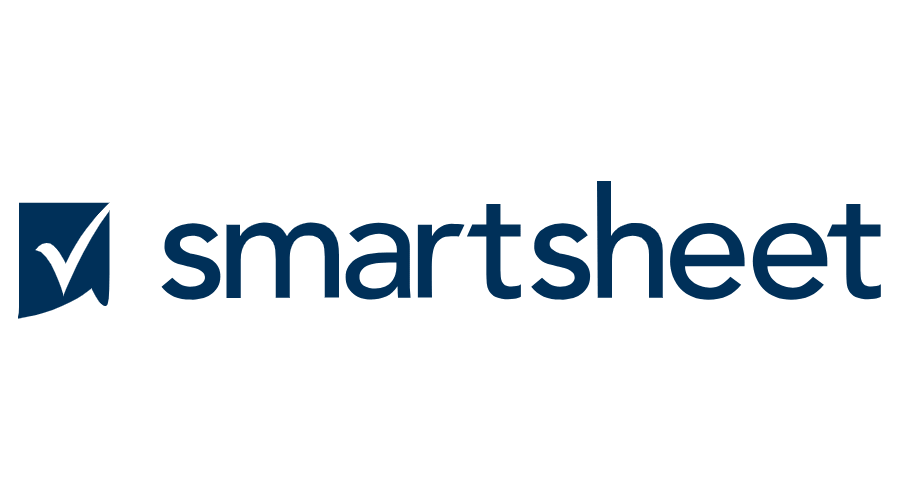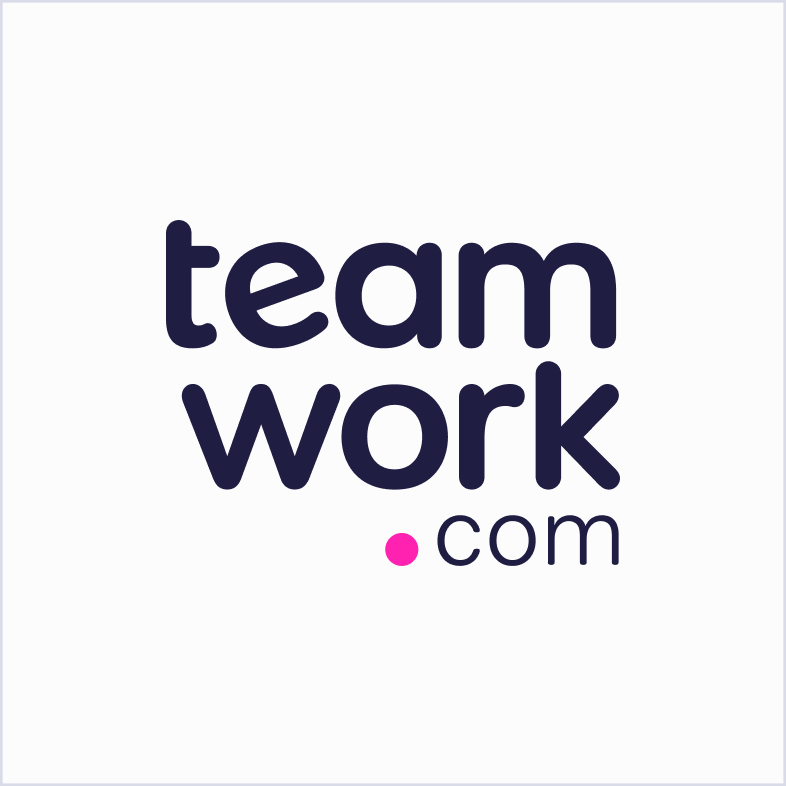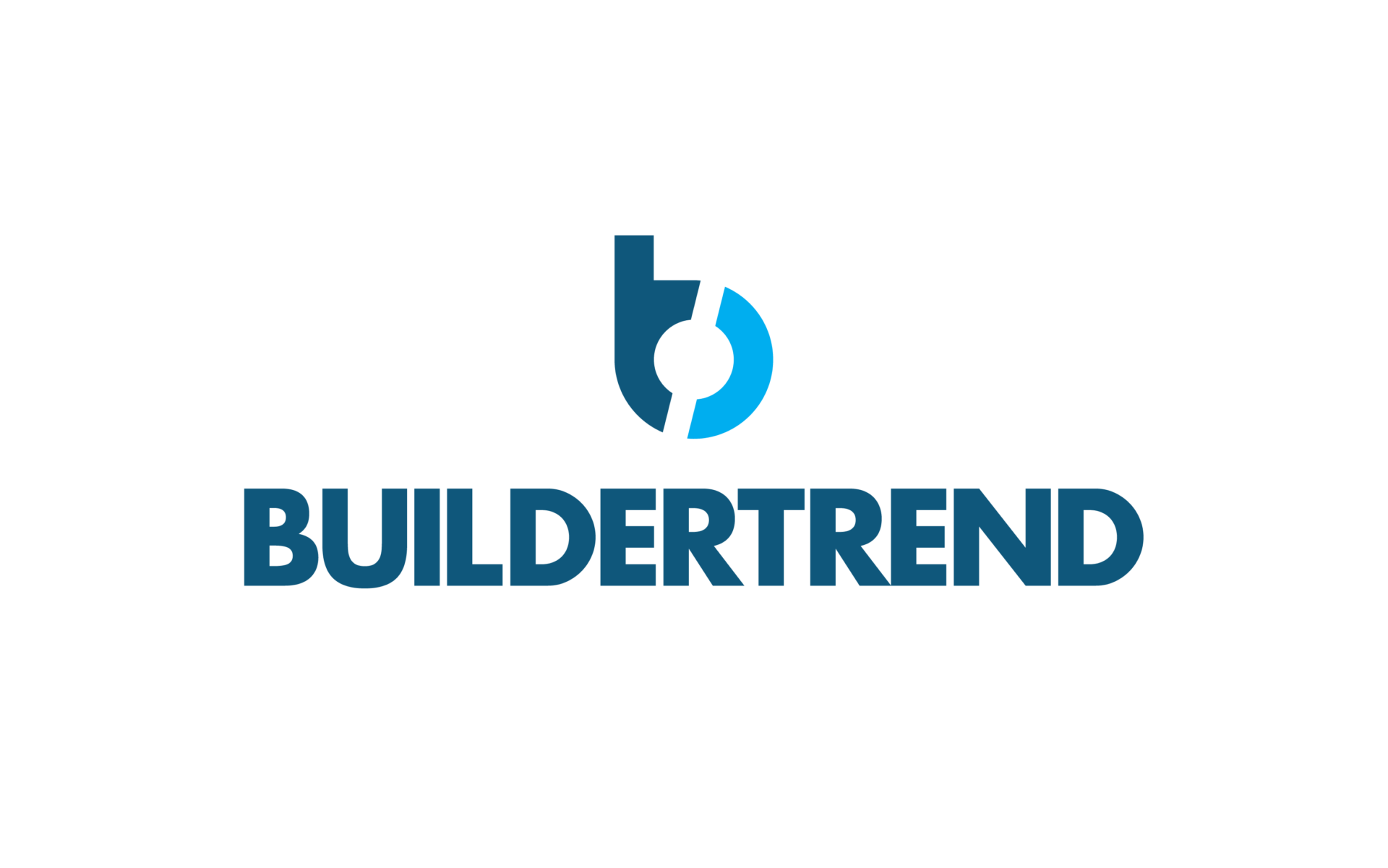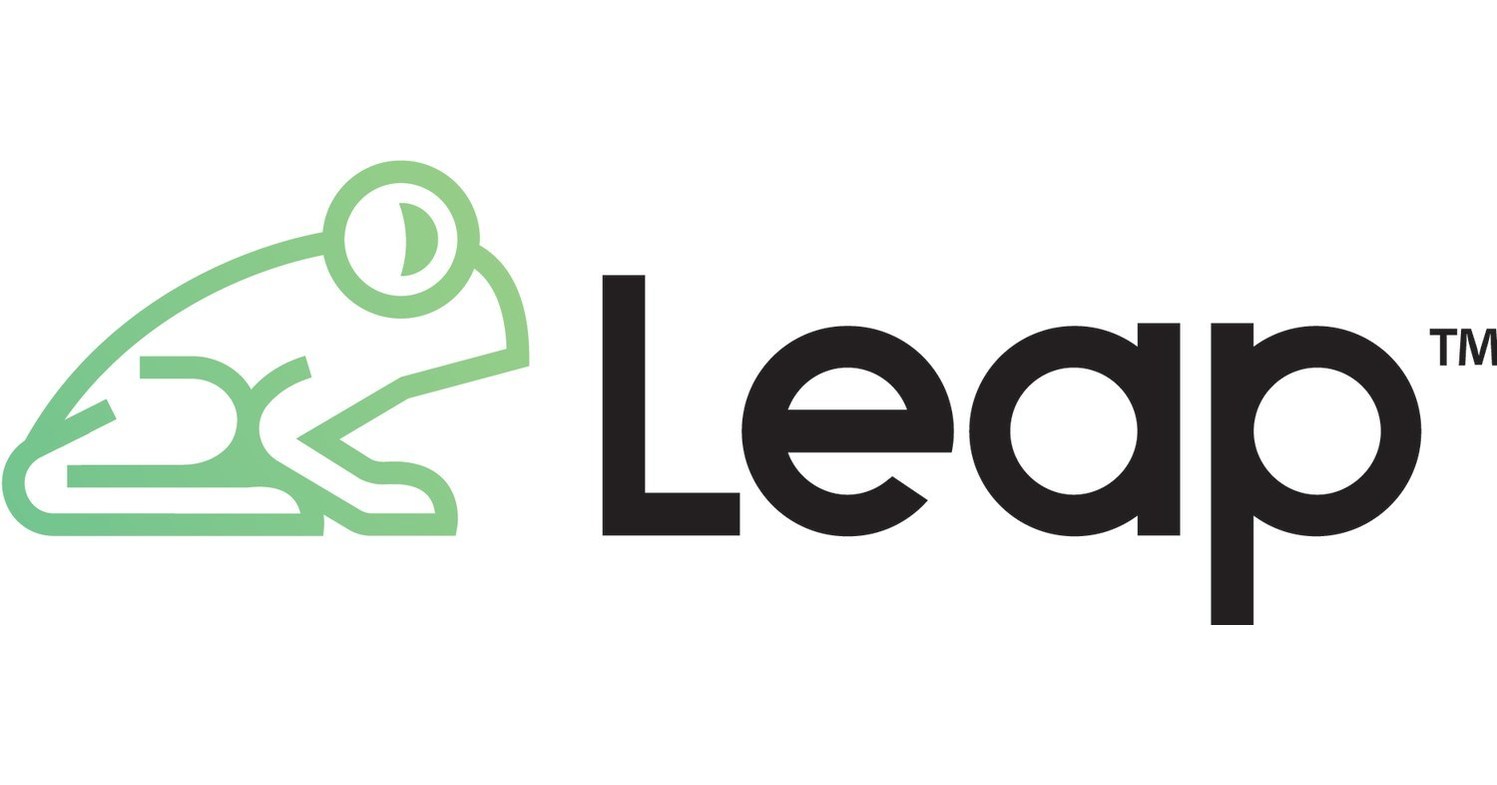Top Construction Project Management Software
The top dedicated construction project management software options are Buildertrend, Leap and Contract Foreman. Each option offers different features designed specifically for construction businesses, which sets them apart from other project management software.
- Best for Combining Project Management and CRM Tools: Buildertrend
- Best for Phone Support: Leap
- Best for Free Trial: Contractor Foreman
- Best for Traditional Project Management: ClickUp
- Best for Map Views: Trello
Read our full Clickup review.
Read our full Trello review.
Methodology
Choosing the appropriate project management (PM) software is critical for business owners and project managers, as it directly impacts efficiency and collaboration. To help customers make the right selection, we at the MarketWatch Guides team researched 15 of the most widely used project management tools, including Airtable, Asana and Trello.
We conducted a survey in 2024 of 200 professionals who were currently using PM software or had used PM software within the past year. We analyzed the results of this survey to determine the following rating criteria:
- Features (58%)
- Reputation and Reviews (15%)
- Customer Support (12%)
- Pricing (8%)
- User Experience (7%)
Visit the full PM methodology page for more details on our rating system.
What Is Construction Project Management Software?
Construction project management software is software that’s designed to help construction business management projects with digital tools like schedules, time clocks, calendars and client portals. Unlike other software options, construction project management software prioritizes features for onsite work, with considerations for specific construction industry needs.
How Much Does Construction Project Management Software Cost?
Starting costs vary pretty widely depending on the features offered and the number of people on your team that will need to use the software. If you’re a business owner or team leader who will be the only person using the project management software, starter plans will probably make sense. But for small leadership teams, you may be required to upgrade to a higher plan.
For example, the Leap Essential plan is limited to one user and starts at $79 per month. Contractor Foreman’s Basic plan is also limited to one user and starts at $49 per month (but must be billed annually or quarterly). For unlimited users, Buildertrend’s Essential plan starts at $199 per month for the first month and then goes up to $499 per month if billed monthly. None of these options offer a free plan, though Contractor Foreman does offer a 30-day free trial.
How To Choose the Best Construction Project Management Software
When comparing different project management software, it’s best to consider the pain points you’re trying to solve for your business. What gaps can this software help fill? Consider the features you need to keep your team efficient and organized. Some software options may make sense for simple projects and small teams, while others will be ideal for juggling multiple projects with more team members.
Identifying Workflows
Consider how easy it will be to set up your day-to-day workflow needs within a particular software. Will you want to create individual tasks or steps for every construction project you track? How will you implement your process for daily logs or tasks like change orders? Dedicated construction management software will typically include specific functionality for these sorts of tasks, but some traditional project management may require some extra customization.
Features
Basic project management functionally will typically include the ability to create multiple projects with the platform, add and assign tasks and view projects in multiple views, like a calendar or timeline. Construction software will offer a variety of different features depending on if it’s more geared towards CRM, sales or workforce management. Consider what’s most important to your business when it comes to industry-specific features like daily logs, estimates or client communication. It’s also key to consider what functionality clients, subcontractors and stakeholders will find useful.
Ease of Use
Every software option you consider will have a different interface and different considerations for ease of use. Consider your comfort level with work software and take advantage of demos and free trials to understand how intuitive a software will be in your day-to-day workflow.
It’s also worth considering how easily software integrates with the apps and software you’re already using, especially for teams using tools like Autodesk and Procore for construction and design tasks.
Reporting and Analytics
Not every project management software offers the same level of reporting functionality, so if you need to be able to run detailed reports, this is something to look out for when comparing your options. Some software will allow you to export project data to files, while some include analytics dashboards. Construction project management software often allows you to create financial reports, labor reports, or budgets and actuals. Exact reporting features will depend on the software and the plan you choose.
Customer Support
Consider the different customer service options offered by construction project management companies. Some will not offer customer support via phone, while others may prioritize support for businesses on more advanced paid plan tiers. If your team prefers to reach out to the company through live chat or email, check to see if software includes 24/7 support and how you can access it.
AI and Automation
Software companies are including more and more AI features in addition to the automation functionality you may find in many project management solutions. Consider AI add-ons or general automation functionality and how it can help your business become more efficient. AI may not be as essential for construction businesses compared to other features, but it’s worth considering as an added perk.
The Bottom Line
Construction project management software can be a huge help in streamlining workflows for solo entrepreneurs and small businesses. Teams can use software to track projects, organize project information and handle cost management and forecasting.
There are construction management solutions that are packed with helpful functionality designed specifically for construction and home improvement businesses, but they do tend to come with a higher price tag. More general project management options lack specific construction features but often have forever-free versions or cost-effective per-user pricing. Consider if your team needs specific construction features or if a more straightforward project management software is all you need, especially if you already have accounting software or a software solution for tasks like scheduling, time tracking or CRM.
Pricing for traditional project management software will span anywhere from $5 to $20 per user per month. In contrast, construction management software will span anywhere from $49 to over $1000 a month, sometimes with a limited number of users. For small teams or individual entrepreneurs who want key features, a dedicated construction management solution might make sense. For larger teams that just want a project management solution, a general project management software may be worth considering.
Construction professionals should take advantage of free trials and demos to compare construction management solutions with other project management software platforms.
Construction Project Management Software FAQ
Task management apps are designed for teams to organize their tasks into lists or other views. In contrast, construction project management software is designed to help with multiple aspects of construction projects beyond just task management. Construction software includes more functionality for CRM or tasks like work order management and daily log creation.
Construction project management software is usually designed for small businesses, but it’s not limited to small teams. It’s meant to help construction businesses organize project needs and interface with clients. Marketing or product development teams that don’t primarily work in the construction industry may find that other more generalized software options make sense for project management.
Most construction project management software includes simple and intuitive interfaces, and the learning curve will depend on your team’s familiarity with project management or other work management tools. Take advantage of free trials and demos to compare different software options based on their ease of use.
Pricing will depend on the features you need and how many people will need to use the software, as many starter plans are limited to one user.
For unlimited users, Buildertrend’s Essential plan starts at $199 per month for the first month and then goes up to $499 per month if a team opts for monthly billing. The Leap Essential plan is limited to only one user and starts at $79 a month. Contractor Foreman’s Basic plan is also limited to one user and starts at $49 per month, or $588 per year.
If you have feedback or questions about this article, please email the MarketWatch Guides team at editors@marketwatchguides.






















